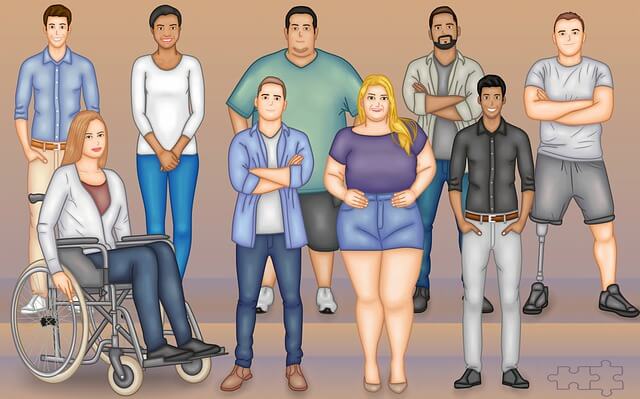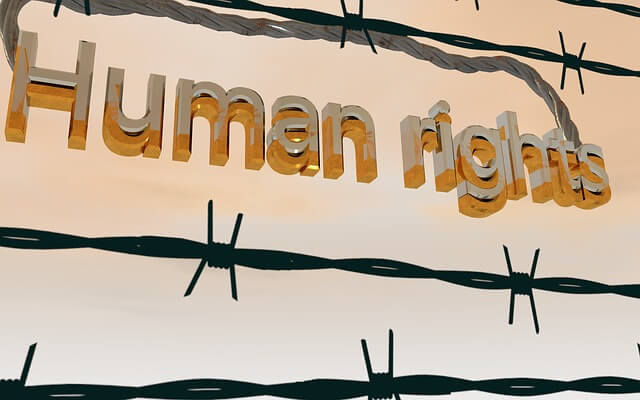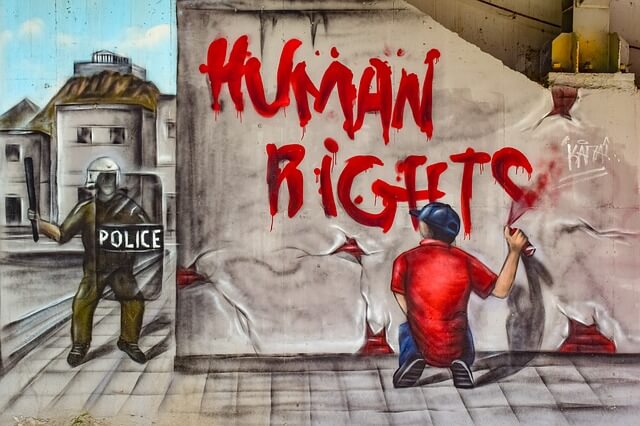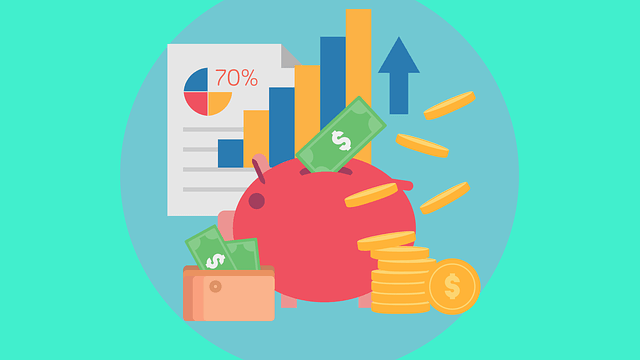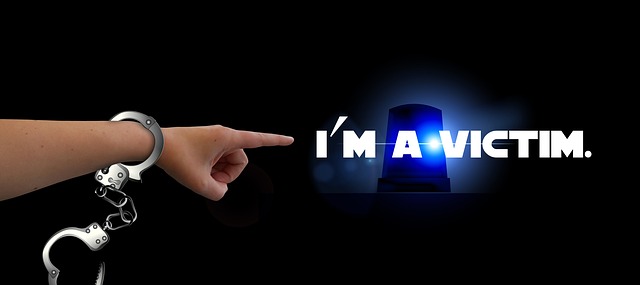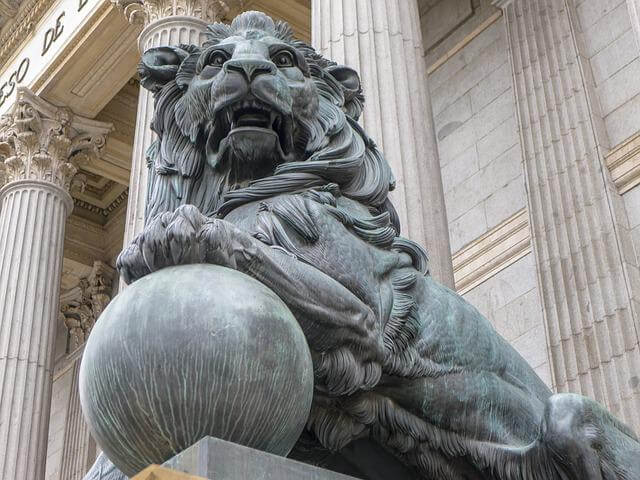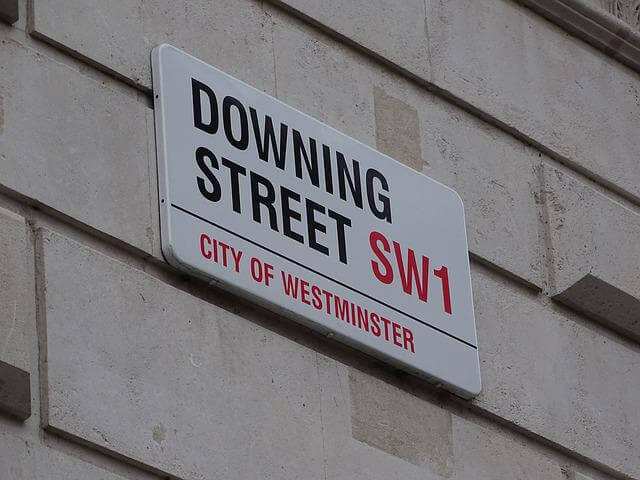good citizenship
Courses tagged with "good citizenship"
Equality and Diversity
Learn about equality and diversity in health and care. This course is ideal for intermediate learners.
Introduction
The health and social care sector recognises the need to treat everyone equally, and therefore equality, diversity and rights affect all those working in the sector as well as those who use health and social care services.It is important that these terms, equality, diversity and rights, are at the very core of everything that is done.
Equality, diversity and rights ensure that everyone is treated the same, regardless of the following:· Gender
· Sexuality
· Ethnicity
· Language
· Race
· Age
· Sexual orientation
· Background
· Beliefs
· Disability
· Education
· Skin colour
Equality, diversity and rights will have different effects on your career and an impact on the people you care for as they mean different things. For example:
Equality
Equality looks at how everyone should be treated in the same way. This means that every individual should have the same rights, status or opportunities.
Laws
Laws have been put in place to ensure that this happens and organisations have to write and adhere to equality policies (guidelines that tell an organisation what to do in a particular situation) which outlines what they must do and how they should do this, so that everyone is treated equally.
You will learn
- Introduction to Equality, Diversity and Rights in Health & Social Care
- Groups, Stereotyping and Labelling
- Promoting Equality & Diversity rights in a Health & Social care setting
- Protected Characteristics
- Equality - Rights in the Social Care setting
Human Rights
Introduction
Human rights are rights we have simply because we exist as human beings - they are not granted by any state. These universal rights are inherent to us all, regardless of nationality, sex, national or ethnic origin, color, religion, language, or any other status. This means that we are all equally entitled to our human rights. This principle, as first emphasized in the UDHR - Universal Declaration of Human Rights (UDHR) - is repeated in many international human rights conventions, declarations, and resolutions.Human rights are the basic rights we all have simply because we are human. A right is a legal entitlement
to something. There are fundamental rights and freedoms that everyone in the UK is entitled to.
Identify what you think counts as a “right” from the list below:
· Money
· Education
· Employment
· Privacy
· Car
· Marriage
· Phone
· Vote
· House
· Life
· Freedom
Inequality
Learn about inequalities in society including poverty, health and age. This course is ideal for intermediate learners.
Introduction
Inequality can be found in most societies as it is the result of resources being shared out unequally among people. Resources are usually given out according to social characteristics such as age, gender and disability.These characteristics can come from:
· Ascribed characteristics which are assigned at birth, or an automatic development at some point and includes factors such as age, gender or place of birth
· Achieved characteristics which are earned or chosen and involves factors such as level of education and marital status.
Resources that are distributed can include the following:
· Income or wealth, where there is economic inequality
· Social power, meaning the right to be an authority figure or to have a say
· Natural goods, such as parks or green areas
· Public goods, which can include: education, housing, transport, credit (such as cards, store cards, loans or mortgages) and banking
You will learn
- What is inequality in society
- Inequality in economic status
- How economic inequality is measured
- The meaning of poverty
- inequality in health
- Inequality in age
Human Rights and Public Services
Learn about the Human Rights Act 1998 and other legislation to protect your rights as a citizen. This course is ideal for intermediate learners.
Introduction
As normal citizens in the UK we are expected to follow the laws of the country and be good citizens. Members of the public services also have to obey the laws that everyone else does, but they have additional laws to follow because they have additional powers that normal citizens do not have.Every statutory public service in the UK has its own legislation, to describe not only how the service should function but also its limitations and restrictions. Members of the public services should be role models and examples to others. They need to have authority and that can only be achieved if they are good citizens and obey the law themselves.
Human rights are things to which individuals in society are entitled. These rights are laid down in law, so if these rights are violated, then a UK citizen can go to court to seek justice. The principal law in the UK is the Human Rights Act 1998.
Human rights can be split into two sections:
1. Protection
2. Rights or entitlements
You will learn
- Human Rights Act 1998
- Other legislation (law) that protect your rights as a UK citizen
Good Citizenship
Learn more about what good citizenship entails. This course is ideal for intermediate learners.
Introduction
A good citizen is someone who respects other people. They are helpful and considerate; they listen to the points of views of others; they are mindful of the environment; they promote fair values and standards, and they participate in society.
That is a lot for one person to do and try to achieve though. So we will break each section down and look at them in more detail.
You will learn
- How you can show respect for others and yourself
- How you can become a good citizen by participating in society and volunteering
- The qualities of good citizenship
Public Services are in Place
Learn about why public services are important and what are the needs of a diverse society. This course is ideal for intermediate learners.
Introduction
The public services play a vital role in our lives. We need the public services to meet the needs of a diverse society.The concept of diversity encompasses acceptance and respect. It means understanding that each individual is unique, and recognizing our individual differences.
You will learn
- Why public services are important
- What makes people diverse
- A range of reasons why public services are in place
The Cost of Public Services
Learn how much public services cost and how charities contribute to them. This course is ideal for intermediate learners.
Introduction
The top three spending categories include:· Social protection
· Health
· Education
The following categories explain where the Government spends money:
Social protection costs £222 billion (the figure is for training purposes only)
The most money is currently spent on social protection (or welfare) which helps those who are disadvantaged, including:
o Pensions
o Disability benefits, such as cars, parking and prescriptions
o Housing, such as accommodation and upkeep
o Unemployment benefits
o Family benefits, for instance tax credits
Social security spending in UK
Over 55% of social security expenditure goes to pensioners.The government is forecast to spend £121 billion on pensioners and £94 billion on working age people and children this year. In 2017 to 2018 £121 billion was spent on pensioners and £96 billion was spent on working age people and children.
You will learn
- How much public services cost the government
- The top three spending categories
- How charities contribute to public services
Rights within the Criminal Justice System
Learn more about rights within the criminal justice system. This course is ideal for intermediate learners.
Introduction
As we look at how Public Services support the rights and responsibilities of citizens, it is important to understand a citizen’s rights in relation to the Public Services.We will now look at the rights of citizens within the criminal justice system.
Every citizen has basic rights, for example if you are arrested you are entitled to legal representation.
Here is some of the information relating to your rights when you’re arrested:· Getting free legal advice
· Telling someone where you are
· Having medical help if you’re feeling ill
· Being given a notice that tells you about your rights
· Access to an interpreter, if needed
· For your possessions to be kept locked away safely
You will learn
- Legal representation
- Legal aid
- A fair trial
Responsibilities of Citizens
Learn more about the responsibilities of citizens in the public services sector. This course is ideal for intermediate learners.
Introduction
As citizens we have a range of different responsibilities when using Public Services.These can be split into three categories:
· Professional
· Legal
· Cultural
These different categories help us to decide how we should and should not behave when we’re using Public Services.
You will learn
- They types of responsibilities citizens have
- Responsibilities that public service users have
- Identifying the different types of responsibilities that exist
Promoting Good Citizenship
Learn more about the promotion of good citizenship in the public services sector. This course is ideal for intermediate learners.
Introduction
The Public Services view good citizenship as an important part of maintaining a good society.Therefore, Public Services want to maintain good citizenship by:
· Having a desire to improve society
· Protecting individuals
· Protecting the vulnerable
· Contributing to society by getting involved
You will learn
- How public services promote good citizenship
- How when working in public services you will promote good citizenship
Aspects of Government Policy
Introduction
The Government is responsible for deciding how the country is run and for managing things on a day to day basis.They set taxes, choose what to spend public money on, and decide how best to deliver public services, such as:
· The National Health Service (NHS)
· The police and armed forces etc.
· Welfare benefits, like the state pension
· The UK’s energy supply
Couple of years ago the Government made a dramatic change to education, that saw the participation age rise from 16 to 18. Before this you were able to leave school at the age of 16.
However, this new policy means that you can leave school at 16, but you must do one of the following until you are 18year old:
· Stay in full-time education, for example, at a college or sixth form
· Start an apprenticeship or traineeship
· Spend 20 hours, or more, a week working or volunteering, while in part-time education or training
You will learn
- The government
- Education
- Minimum wage
- Social welfare
Individual Rights-Public Service
Learn more about the right of public service users and why they are important. This course is ideal for intermediate learners.
Introduction
In life we need to use the Public Services many times for different reasons. It is important that when we need these services that they are of a high quality.For example, if you were to call the police in an emergency and they did not turn up until the next day, this could be dangerous and would be an example of poor quality service.
Sometimes, the quality of a services isn’t as good as it should be. There have been several real-life incidents where a victim of a crime has called the police, and there has been a serious delay in officers attending the crime scene. This is typically seen as unfair treatment and it usually results in compensation.
You will learn
- Public services users rights
- The rights of Public Service users and why they are important
- The importance of high quality public services and examples of this
- Why it is important to be treated without discrimination when using public services
Impact of Public Services on Society
Learn about how public services are paid for and their impact on society. This course is ideal for intermediate learners.
Introduction
Why do we have Public Services? Public services often provide goods or services that are not normally provided by the private market. It makes sense that the private sector is not allowed to provide a police or national defence service, as these areas should not be administered for the sake of profitable gain (for money). Although this is not the case for all Public Services, some services are run by private businesses, for example, prisons.
You will learn
- Paying for public services
- How public services are used
- Reforming public services
The Role Of Government Departments
Learn about the role of government departments in creating policy. This course is ideal for intermediate learners.
Introdution
The Prime Minister is the head of the UK Government and is responsible for the formation of all Government policy, and the decisions that are made in the relation to Government policy.The Cabinet Ministers are the senior members for the Government. It is their role to discuss the most important issues for the Government. They do this every week in Parliament. There are 22 Cabinet Ministers at the time of writing, although this number can fluctuate between 21 and 23.
The Ministers are chosen by the Prime Minister from the members of the House of Commons and the House of Lords. They are responsible for the actions of their department. This means they are responsible not only for the successes in their department, but also the failures. There are 97 other Ministers.


